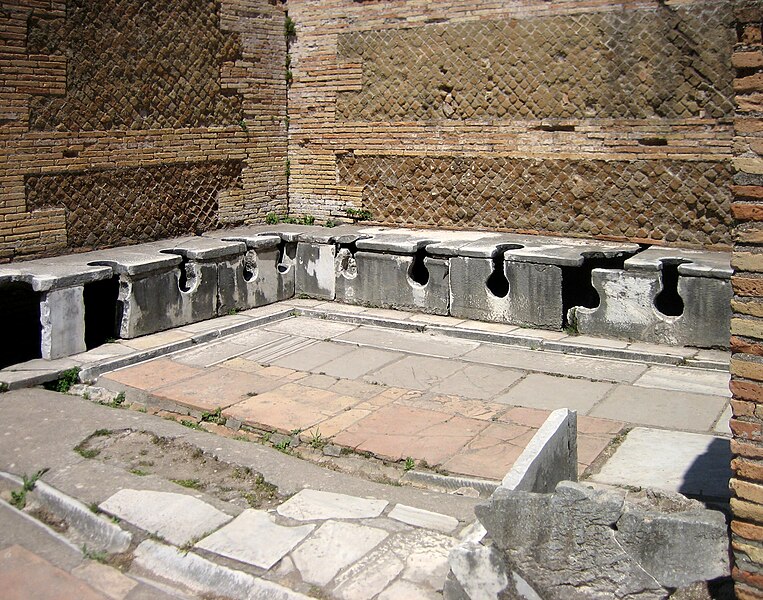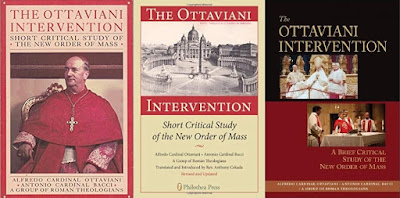Sermon of the Right Reverend Dom Jean Pateau
Abbot of Our Lady of Fontgombault
Fontgombault, June 29, 2019
Tu es Petrus et super hanc petram ædificabo Ecclesiam meam
Thou art Peter; and upon this rock I will build My Church.
Mt 16:18
Dear Brothers and Sisters,
My dearly beloved Sons,
The readings of today’s Mass place us before a great mystery: in order to come towards men, God wishes to make use of mediations. He comes to us through Christ’s humanity, through the sacraments, and especially the sacrament of the Eucharist. He comes to us through the Blessed Virgin Mary, in her divine motherhood, and in this unique motherhood she exercises on each of us, and which she has received at the foot of the Cross: “Woman, behold thy son… Behold thy mother.”(Jn 19:26-27) God also comes to us through the Church, pure and without blemish.
Beneath these perfect mediations, God wishes to make use of other mediations. We should be for one another mediators of the grace of God. God builds up our spiritual being by taking our neighbors on as associates. It is an honor for them. We should do the same. How could we refuse such a “service”? Amidst these imperfect mediations, a special place is assigned to the mediation of Peter, the chief of the Apostles, who is still at work today through his successors: “Thou art Peter; and upon this rock I will build My Church.”




















